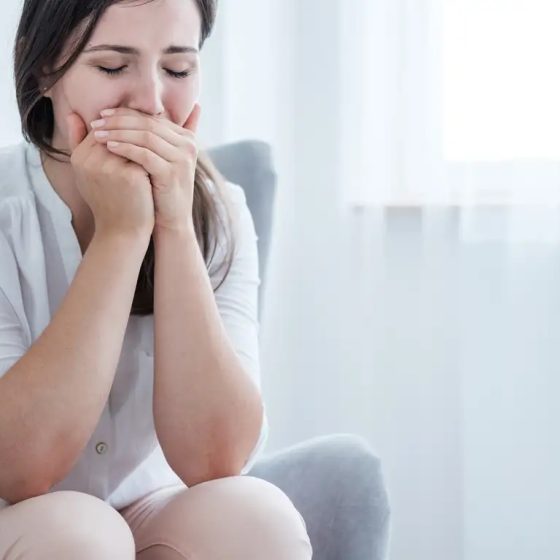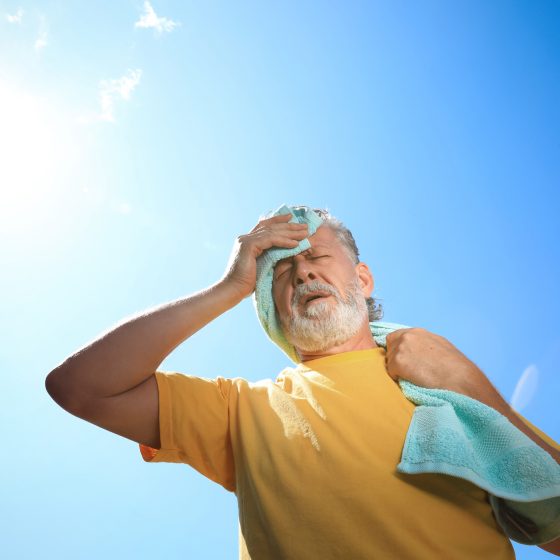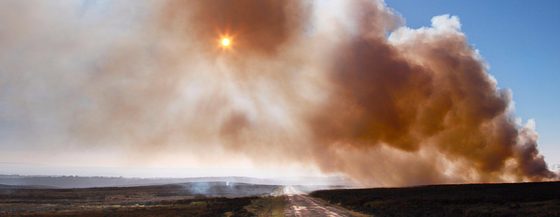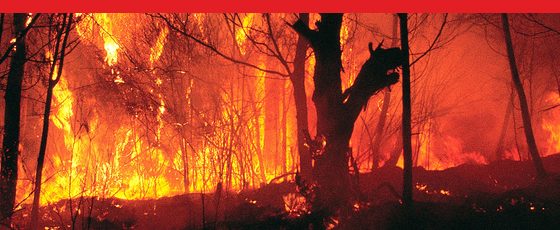How to help someone with depression
If someone you know has depression, you may find it difficult to know how to support them. What you find simple may seem overwhelming to them. Below are some tips on how to support someone with depression. How to recognise the signs of depression If someone you know has depression, they may show some of the following signs: a depressed mood a loss of interest in activities they usually enjoy changes in appetite or weight sleeping too much or too little having negative thoughts, where everything seems overwhelming Things you can do to help someone with depression First of all, it’s important to















